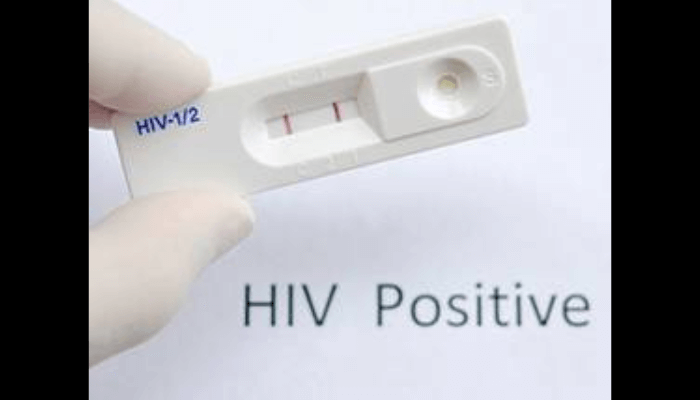Adamawa records 8,850 new HIV infections in four years – Agency
The Adamawa State Agency for the Control of HIV/AIDS (ADSACA) has reported that the state recorded at least 8,850 new HIV infections between 2022 and 2025.
Abdullahi Adamu, director of Research, Monitoring and Evaluation of the agency, disclosed this on Thursday in Yola at a media interactive session on the state’s HIV/AIDS response.
Adamu said the engagement was organised to strengthen collaboration with the media towards increasing public awareness of HIV prevention and behavioural change.
According to him, statistics show that from 2022 to date, new HIV infections have continued to rise annually across the state.
“In 2022, we recorded over 2,700 new infections; in 2023, over 2,500; in 2024, 2,227; and from January to June 2025, we have already recorded 1,423 new infections,” he said.
Adamu expressed concern over the continuous increase in new cases despite the availability of preventive measures, adding that the trend calls for urgent review of existing strategies.
“We need to restrategise and adopt new approaches that will strengthen public awareness and promote preventive practices.
“We have preventive options such as abstinence, consistent condom use, and Pre-Exposure Prophylaxis (PrEP), but many people are not taking them seriously.
“However, people living with HIV who adhere strictly to their medication cannot transmit the virus to others and can live healthy and productive lives,” he said.
The Director also said that no fewer than 40,000 persons living with HIV were currently receiving treatment in the state, with about 93 per cent achieving viral suppression.
He added that about 400 HIV-related deaths were recorded in 2024.
Adamu called on pregnant women to register for antenatal care, noting that prevention of mother-to-child transmission was critical to reducing new infections.
“In 2024, about 509 pregnant women who registered for antenatal care, were enrolled on HIV treatment, out of which 180 were new infections.
“Without antenatal care and hospital delivery, these mothers could have unknowingly transmitted the virus to their newborns,” he said.
He added that the Adamawa State Government had procured over 40,000 HIV testing kits and urged residents to take advantage of the free testing services across health facilities and testing centres.
Also speaking, John Tobias, North-East Zonal Coordinator of the National Agency for the Control of AIDS (NACA), urged Nigerians to take ownership of the fight against HIV.
Tobias noted that a recent “stop-work order” by the United States Government in February affected donor-supported interventions, limiting Nigeria’s ability to provide treatment and care.
“This development is a wake-up call for us to begin to take responsibility for our own health and reduce overreliance on donor support,” he said.
He said within the first six months of 2025, 1,423 people in Adamawa were newly infected, describing the figure as “avoidable.”
Tobias stressed that treatment is also a form of prevention, explaining that a person living with HIV who achieves viral suppression can not transmit the virus.
Read also: 139m Nigerians in poverty as mental health becomes silent front line
“If everyone living with HIV is identified and placed on treatment, there will be no opportunity for transmission.
“We must accelerate our efforts and aim to end new HIV infections by 2030,” he added.
He appealed to journalists to take ownership of HIV awareness campaigns by sensitising the public and promoting positive behavioural change to end the epidemic.

